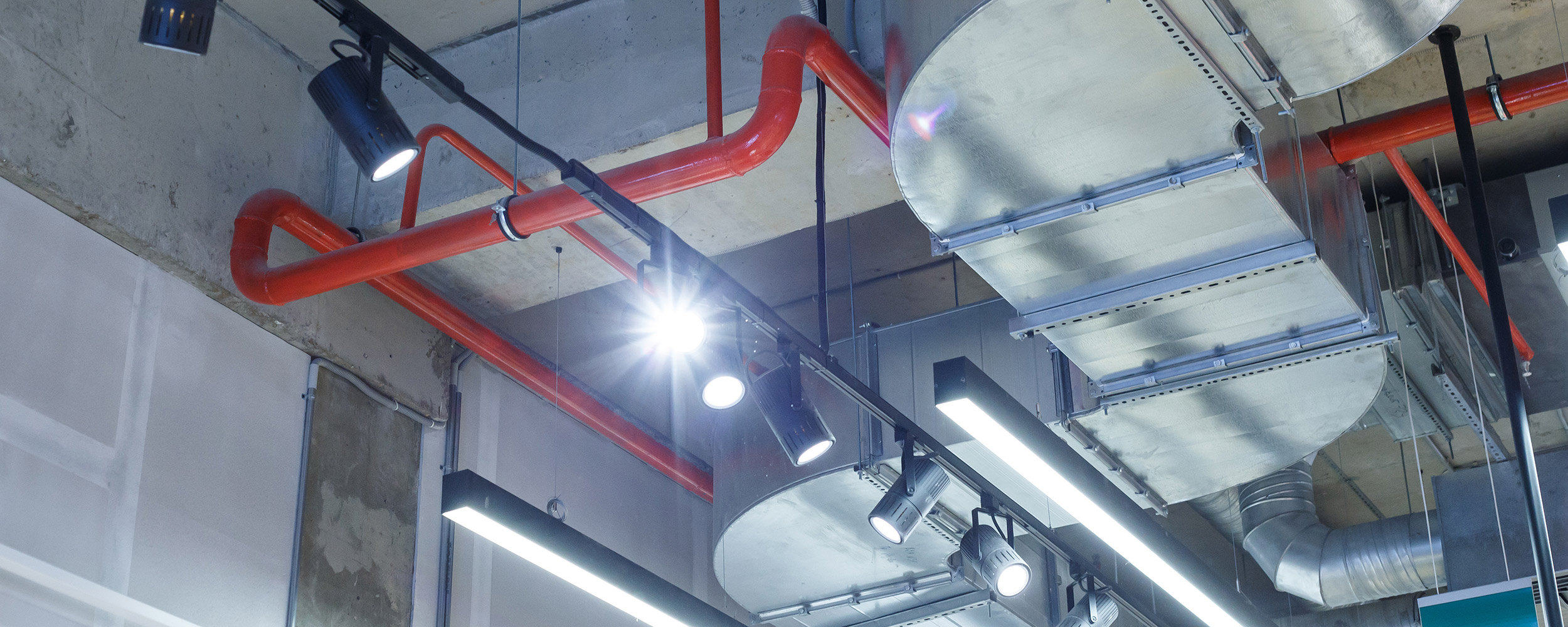HVAC FAQ
We get a lot of questions about HVAC. Check out the frequently asked questions below. If you can’t find the answer to your query, just let us know!
1. What does HVAC stand for?
HVAC is an acronym for Heating, Ventilation, and Air Conditioning. The term is used when speaking about a home, business, or vehicle heating and cooling systems, generally. HVAC equipment is varied. When talking about HVAC, you might be referring to portable and central A/C units, windows, mini-split systems, ductwork, heating, furnaces and boilers, and more.
2. What are signs that I should replace my air conditioning unit?
Wondering if it is time to replace or repair? Then keep a look out for issues like only having warm air come through the vents, which could be indicative of low Freon levels. Block air flow, moisture around the unit, unusual creaking and clanking, and a dysfunctional thermostat are all signs that your A/C unit could be nearing the end of the road. Also, if the HVAC system is more than 10-15 years old, you might want to consider getting it replaced.
3. If I replace my outdoor unit, do I also need to replace the indoor unit?
You don’t have to replace both at the same time, but it is always a money-saving move. Matched systems will also perform better than mismatched units. Plus, if one unit has better technology than the other, it could negatively impact performance. If you replace both at the same time, you maximize efficiency and will cut utility costs overall.
4. What size unit do I need?
The best way to consider what size HVAC unit you need depends on a number of factors, including the climate in which you live, the square footage of the building, the number of windows (and their insulation abilities), the quality of insulation overall, where the house is located (shade vs sunlight), the number of heat-generating appliances, and the amount of people within the space.
5. What causes AC units to freeze up?
There are five reasons an AC unit will freeze up: low refrigerant levels, poor airflow, poor draining, dirty air filter, and the settings on the thermostat.
6. How often should I have my unit serviced?
At least twice a year, at the beginning of spring and before winter. You can have your unit serviced more often, though.
7. What’s the best way to extend the life of my HVAC system?
Preventative maintenance is the best way to extend the life of heating and cooling systems. Make sure you are getting your HVAC system inspected and maintained at least twice a year, before the seasons with extreme temperatures.
8. Why is my furnace leaking?
Depending on the kind of furnace you have, the reasons for the leak will differ. A gas furnace will leak if the flue is too small or wasn’t installed properly. Another reason is if you have an installed humidity-control system. For those with high-efficiency gas furnaces, leaks can be caused by things like clogged drain lines, damaged lines, and damaged heat exchangers. It is best to call an HVAC contractor whenever you suspect a leak.
9. How do I detect AC refrigerant leaks?
At some point, your AC is going to leak. It’s one of the most common problems, after all. But refrigerant leaks can also cause issues. If you believe that your AC unit has a refrigerant leak, it is best to call a professional. They will have the necessary tools for things like a UV light test, pressure test, or fluorescent dye test.
10. How can I improve indoor air quality?
The best way to improve indoor air quality within the home or workplace is to keep your HVAC system well maintained. If the system is old or hasn’t had any preventative maintenance recently, your energy bills will rise and contaminants will get into the circulated air. Sometimes, you will have to replace the system to improve indoor air quality. We also recommend that you look for Energy Star products, think about a mini-split system for the bedroom, and purchase a smart thermostat.

Are you in the East Ottawa area and looking for a reputable Heating / Cooling Company? We look forward to hearing from you!
